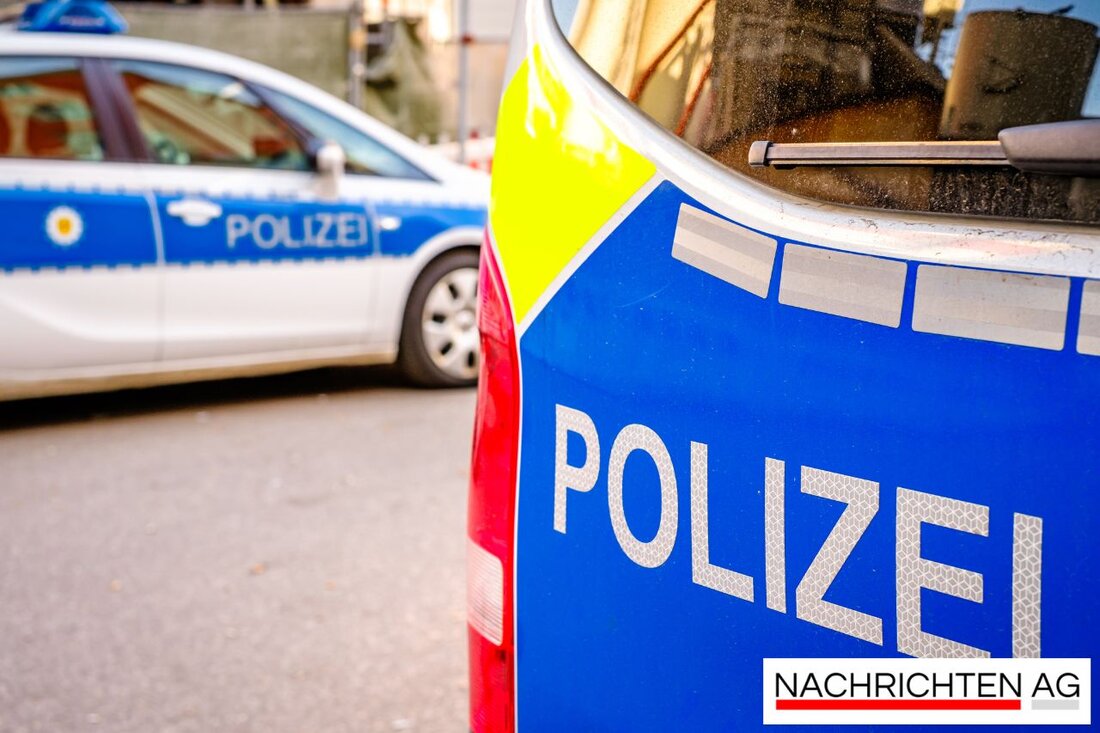Massive wall blocks CDU headquarters in Göttingen: Political protest escalates!
In Göttingen, access to the CDU headquarters is blocked by a massive wall. The politically motivated incident caused horror.

Massive wall blocks CDU headquarters in Göttingen: Political protest escalates!
A bizarre but worrying incident occurred in Göttingen, Lower Saxony, on the night of June 16th. A massive wall, about 1.50 meters high and made of stones and fresh mortar, blocked the entrance to the CDU office on Reinhäuser Landstrasse. This wall was discovered around 8:10 a.m. by a CDU employee. The police were alerted, secured the protest banner with the inscription “Closed because of your warmongering and racist isolationist policies” and immediately began dismantling the structure. Over the course of the day, the remains of the wall were completely removed while the State Security took over the investigation into coercion and damage to property. CDU district chairman Fritz Güntzler expressed his horror at the action and described the incident as an escalation in the political dispute.
### Political tensions throughout Germany
The incident in Göttingen is part of a larger wave of protests and attacks on CDU offices that are related to current political developments. In the last few days, tens of thousands of people across the country demonstrated against the Union's asylum policy. Particularly noticeable were attacks on CDU offices, such as paint attacks in Dortmund, Lünen and Mainz, as well as attempted storming of CDU citizens' offices in Berlin-Charlottenburg. Green candidate for chancellor Robert Habeck has condemned the violence and is also raising critical voices against the Union. These events are in the context of a motion by the Union parliamentary group in the Bundestag, which was passed with the help of AfD votes. This policy of tightening migration legislation has heated up tempers.
The protests were largely peaceful, although police in various cities faced high levels of demonstrator attendance. Actions took place all over Germany: In Freiburg, up to 11,000 demonstrators gathered under the motto “Defend the firewall,” while in Hanover around 7,000 people took to the streets against the Union's stricter migration policy. The demonstrations were also well attended in other cities such as Kiel, Nuremberg and Düsseldorf.
### A look at the dynamics of violent protests
Such violent incidents are not new and highlight the general situation of politically motivated violence in Germany. Research shows that distinguishing between violent and peaceful protesters is often difficult, according to an analysis. While the police see resistance to their measures as violent, many demonstrators do not see their actions in this light. Although the willingness to use violence has decreased, occasional escalations can still be observed and can prolong the length of the political dispute. Violent protests often serve to affirm identity and attract media attention, further complicating the situation.
Overall, it remains to be seen how the political landscape in Germany will develop and what further measures the authorities will take to prevent such incidents. The needs and concerns expressed in the recent protests will certainly continue to concern political actors.

 Suche
Suche
 Mein Konto
Mein Konto